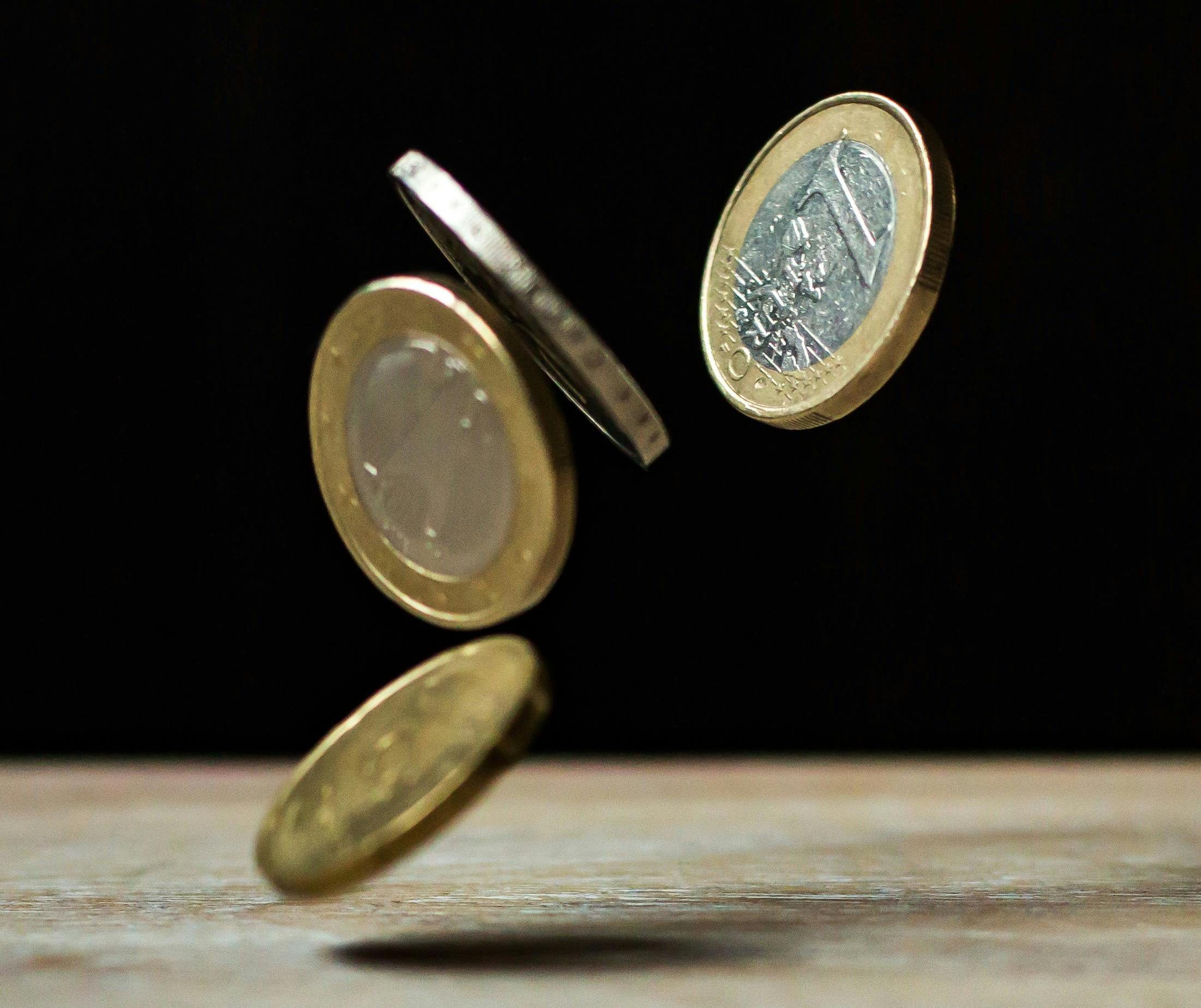On Wednesday (today), Government announced that, following the publishing of March’s inflation rates across the European Union (EU), Malta registered a 2.7 per cent inflation rate.
The Government highlighted that this is a stark decrease from January’s figure of 3.7 per cent.
“The decrease in inflation in Malta was double of that reflected in the EU’s inflation rate. As a result, Malta’s inflation rate is now almost the same as the EU average,” the statement said.
The Government attributed this progress to its initiative ‘Stabbiltà’. Through this initiative, leading importers and retailers signed a historic agreement with Government to reduce the recommended retail price of over 400 essential products across 15 food categories. The reduction on the selected items was of 15 per cent over their prices in October 2023.
It remarked that, now, food prices are on average two per cent less than those registered in January. “This decrease cannot be attributed to international trends, because the food price index for all EU member states, up until the end of March, was practically the same as the levels in January,” the statement read.
After August 2023, the inflation rate on food products in the EU fell lower than Malta’s. Additionally, from October, the divergence “became more evident” as food prices in Malta started to accelerate, whilst those in Europe were decreasing.
“During January, in Malta, the inflation rate on food stood at 11 per cent when compared to 4.8 per cent in the EU. Thanks to Stabbiltà, this negative trend changed and the inflation rate in food prices decreased once again and stood closer to the European average,” the Government continued.
In March, the statement continued, the food inflation rate decreased by almost half, dropping down to six per cent.
In order to highlight this, Government pointed towards the evolution in coffee prices.
“While across Europe, the price of coffee has continued to decrease for over a year, in Malta the price increased and up until January, it reached a rate of six times higher than the EU average rate. In February the inflation rate in Malta decreased from 16 per cent to six per cent, and in March it further decreased to 2.8 per cent and came close to the EU average,” the Government concluded.
Malta-flagged container ship targeted by missiles close to Yemen’s Mokha, British security firm says
Attacks by Iran-aligned Houthi group have had major impacts on global shipping
Employment growth set to halve to 3.2% in 2024 due to slowdown in economic activity – Central Bank
The Central Bank of Malta states that Malta’s labour force grew by 5.1% in the first nine months of 2023
In pictures: These Maltese houses just won architectural awards
The BIG SEE Architecture Awards are given to projects from South-East Europe






